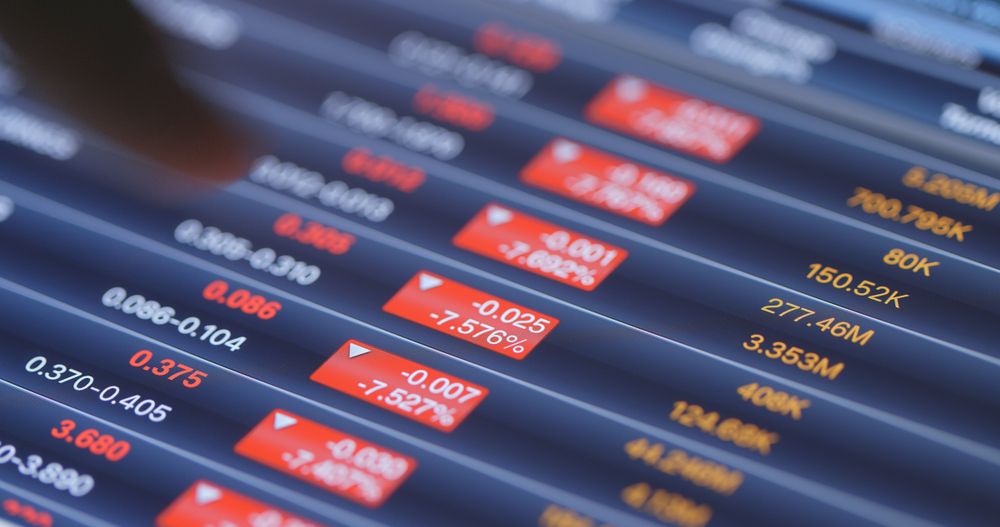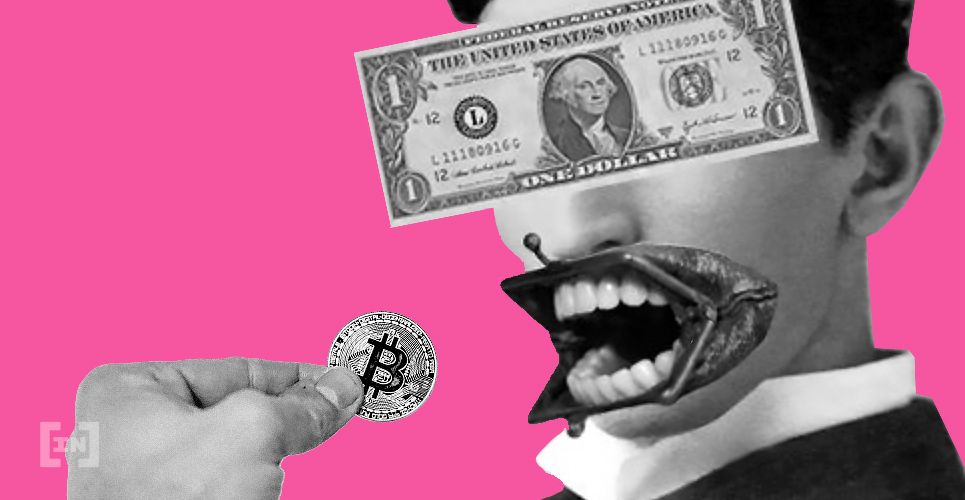For most countries, the period beginning in 2008 and extending into the early 2010s has been unceremoniously named the ‘Great Recession.’ This lengthy period of economic decline was brought about as a result of banks driving up the amount of debt in the economy.
The Great Recession was at its worst between 2008 and 2009 and was the most damaging of the four global recessions since the second world war.
Abnormally high food prices, high unemployment rates, and skyrocketing real estate prices were just some of the adverse effects of the recession, each of which made daily life for many lower-income individuals and families a trying period.
However, with the current economy looking similar to the years running up to the Great Depression, many are speculating that another recession could be looming.

Is Another Recession Imminent?
According to a recent opinion piece by Bloomberg, the next global recession may be coming sooner, rather than later, with the wealthy being most at risk as stock prices are projected to crash. Although the methods used by the banks to combat the previous recession may have staved off another in the short term, the act of slashing interest rates have only acted to extract money from the lower classes, while the wealthy were scarcely forced to spend more. Similarly, the negative effects on the US economy resulting from its trade war with China, and Notre Dame’s severe state of disrepair prior to burning down are both indicative of an economy already stretched too thin. Surprisingly, some stock investors take a lax attitude towards their dwindling investment earnings, despite many analysts beating their drums with forecasts of how poor the first quarter earnings could be for the S&P 500. Alone, a falling return on earnings is not uncommon in the stock market. How well the governments and regulators are prepared to deal with the fallout of a true stock market crash could define how severely such a crash affects the general public — but if past experience counts for anything, then it is unlikely that the prospect is being taken seriously.
Recession Looms, Crypto Investors HODL
Although another global recession may be unavoidable, how severe its impacts are is almost completely dependent on how the world governments react to the situation. Despite this, some individuals have taken the matter into their own hands, and have begun to rely on a financial system that is almost entirely out of the control of governments, banks, and even the regulators — cryptocurrency. As it stands, cryptocurrencies are not recognized as a legal payment vehicle in the great majority of countries. Unlike the traditional economy, the crypto-economy is largely transparent and does not violate the monetary policies of most countries, making it a suitable alternative to banks when times get tough since cryptocurrencies should retain value even if fiat currencies take a dive. Because of this, it is widely thought in the crypto community that parking investments in a relatively stable cryptocurrency should protect the value of their investment even during a recession. These investments may even net them a profit if that cryptocurrency rises in value as a result of increased demand. It is common for banks and governments to start taking anti-recession precautions like cutting interest rates and restricting lending policies in anticipation of a recession. Many agree, however, that this approach does little to curb the problem, and inevitably worsens the wealth gap. Such inequalities could quickly become a thing of the past, as cryptocurrencies help to shift the distribution of wealth, ensuring that more people are in control of their personal finances, and are better equipped to deal with negative economic environments without relying on outside intervention. How do you think a recession would affect the value of your crypto portfolio? Is an investment in Bitcoin a smart way to hedge against the banks? Let us know your thoughts in the comments below!
Top crypto platforms in the US
Disclaimer
In adherence to the Trust Project guidelines, BeInCrypto is committed to unbiased, transparent reporting. This news article aims to provide accurate, timely information. However, readers are advised to verify facts independently and consult with a professional before making any decisions based on this content. Please note that our Terms and Conditions, Privacy Policy, and Disclaimers have been updated.

Daniel Phillips
After obtaining a Masters degree in Regenerative Medicine, Daniel pivoted to the frontier field of blockchain technology, where he began to absorb anything and everything he could on the subject. Daniel has been bullish on Bitcoin since before it was cool, and continues to be so despite any evidence to the contrary. Nowadays, Daniel works in the blockchain space full time, as both a copywriter and blockchain marketer.
After obtaining a Masters degree in Regenerative Medicine, Daniel pivoted to the frontier field of blockchain technology, where he began to absorb anything and everything he could on the subject. Daniel has been bullish on Bitcoin since before it was cool, and continues to be so despite any evidence to the contrary. Nowadays, Daniel works in the blockchain space full time, as both a copywriter and blockchain marketer.
READ FULL BIO
Sponsored
Sponsored

